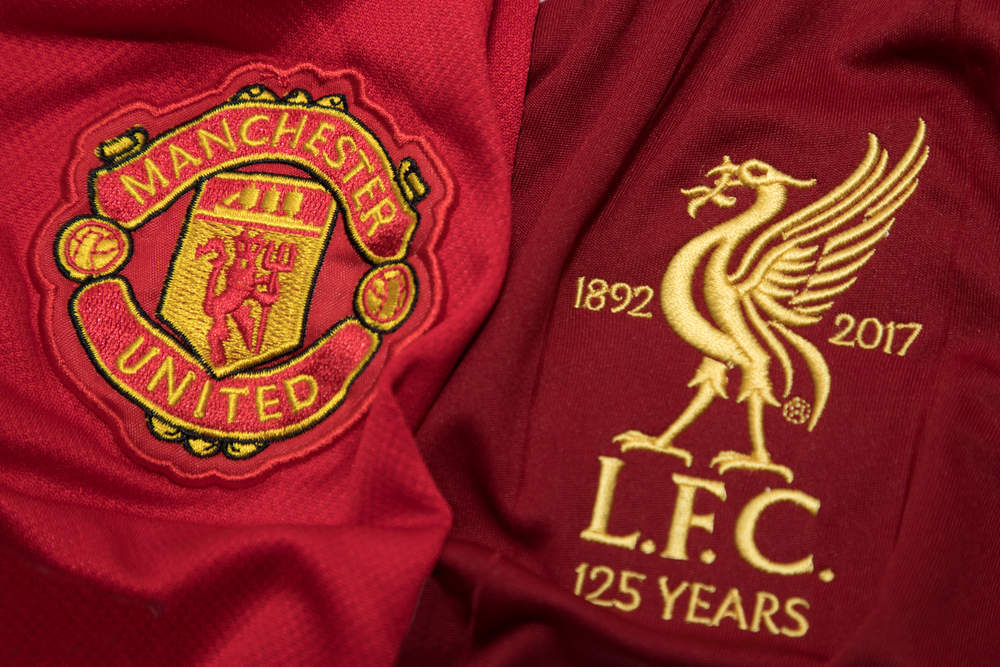
Some 129 top level football players face financial ruin after a tax avoidance scheme popular with the rich and famous went bad.
Players put a total of £250 million into a scheme ran by financial advisers Kingsbridge, who offered investors tax relief on money invested into the film industry.
The scheme delayed the need to pay tax on these funds for up to 15 years.
The scheme was popular between 2000 and 2004. However, HM Revenue & Customs stopped offering the tax break in the late 2000s.
Kingsbridge continued to offer the tax break to its clients after it was scrapped, before going bust in 2015.
However, HMRC is now demanding that investors pay back up to 70% of the money that they originally invested, with additional penalty fines on top, it was reported by the Mirror newspaper.
How well do you really know your competitors?
Access the most comprehensive Company Profiles on the market, powered by GlobalData. Save hours of research. Gain competitive edge.

Thank you!
Your download email will arrive shortly
Not ready to buy yet? Download a free sample
We are confident about the unique quality of our Company Profiles. However, we want you to make the most beneficial decision for your business, so we offer a free sample that you can download by submitting the below form
By GlobalDataHMRC argues that the players knowingly invested as a way of avoiding paying tax on their earnings.
Among those involved are one Manchester United player who reportedly contributed £33.5 million, as well as a Liverpool player that paid £10.4 million.
Other clubs involved include Championship side Aston Villa and League One’s Blackburn Rovers.
Kingsbridge advisers reportedly received huge bonuses for securing money from these players.
What was said:
Stuart Cotton, founder of the Investor Rescue Organisation, told the Mirror:
“Footballers have been demonised over years for investments into tax avoidance schemes.”
“The truth is most were not privy to how the arrangements work. The result of investing in such schemes is beyond comprehension at times.”
However, Kingsbridge advisers David McKee and Kevin McMenamin have refuted these claims, insisting that players were “clearly advised in relation to commission arrangements”.
HMRC said:
“Most tax avoidance schemes don’t work. People can end up paying more than they were trying to avoid.”
Why it matters:
Many of those involved were encouraged to take out loans to use as investment. Advisers were paid commission on any loans secured.
However, they now face having to pay back the amount that they loaned twice, both to the bank and to the tax authorities.
Julia Norris, a partner at law firm FS Legal, believes that some of those involved face “financial extinction” should they be required to pay 70% of their initial investment.
One investor put in just £300,000 of his own money, but could be hit with a £7 million tax bill.
Background:
The Premier League is the second best paying sports league in the world behind only the National Football League.
Players earn £69,500 per game on average according to SportingIntelligence’s Global Sports Salaries Survey 2017. With 38 games in a season, players earn approximately £2.64 million a year.
Earning over £150,000 annually, players face paying back 45%, or £1.2 million of their salary each year.
This isn’t the first time that those involved in the Premier League have been hit by HMRC.
It was reported earlier this year that former managers such as Sir Alex Ferguson, Glenn Hoddle and Sven Goran Eriksson could be forced to pay huge fines on money invested in a similar film-making scheme.
Up to £2.2 billion was invested by 780 investors. However, HMRC is demanding up to 20 times the amount of the original investment.





